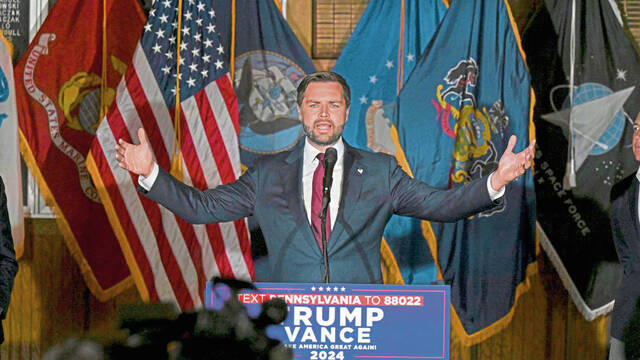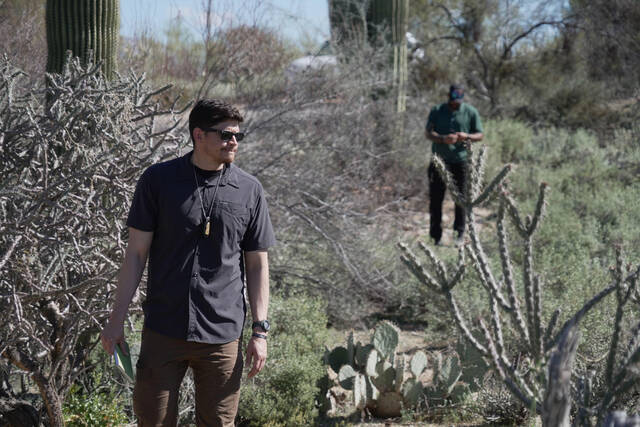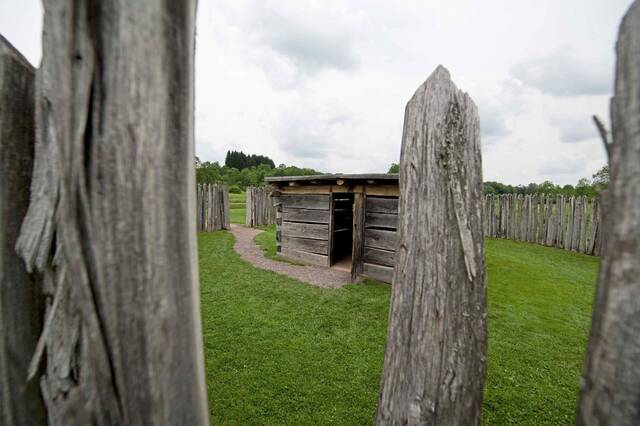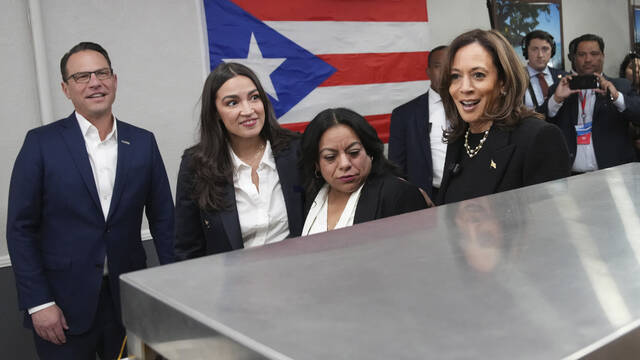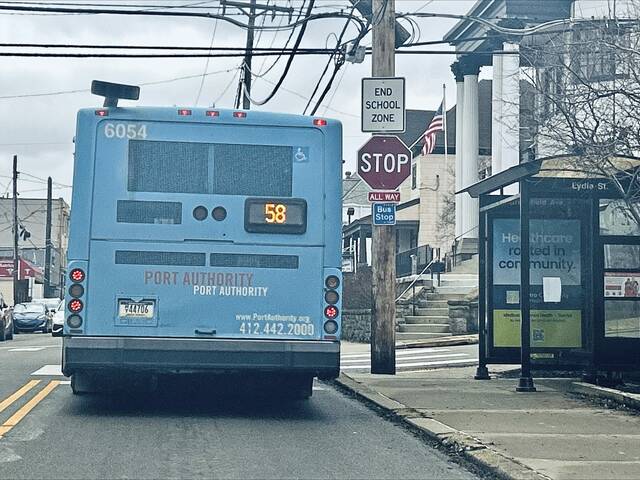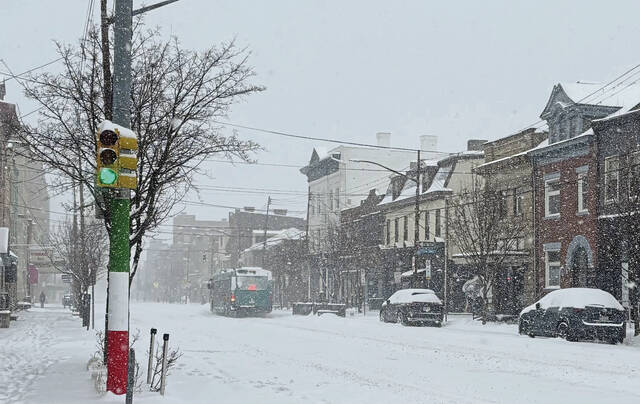When asked whether he would consider privatized health care for veterans, vice presidential candidate JD Vance replied, “I think I’d consider it.” While he acknowledged that there are areas where the Department of Veterans Affairs works well and rejected the idea of completely eliminating our second-largest federal agency, Vance doubled down on the Trump campaign’s desire to expand the use of community care — regardless of what that would mean for veterans and the nation as a whole.
It may sound innocuous to encourage “more choice” for veterans, but the insidious push for greater privatization is risky for several reasons. First and foremost, it’s bad for veterans themselves. Community providers don’t have expertise in conditions that disproportionately affect veterans. My combat-wounded spouse decided to give community care a chance and a provider told him, “We don’t know anything about blast injuries.”
When I used community care closer to home, my provider didn’t screen me for military sexual trauma or offer trauma-informed care to ensure I felt comfortable during exams. Community providers don’t know about the health risks from Agent Orange or burn pits, so they wouldn’t think to tailor cancer screenings for veterans. The simple truth is that VA provides high-quality, evidence-based, culturally competent care for veterans.
The more veterans are pushed into community care, the fewer resources there are to support VA’s direct care system — and we may hit a dangerous tipping point that causes that system to collapse. That would be bad for all Americans, not just veterans: around 70% of U.S. physicians get at least some training in VA facilities, VA has led the way on innovations like heart surgery and liver transplants, and VA serves as a critical backstop to the broader health care system during times of local or national crisis.
Weakening or destroying this vital piece of our national health care puzzle in the name of “choice” would have devastating long-term consequences.
To be sure, some claim that this is really about helping veterans get access to care closer to home and faster. Vance, for example, claimed VA is “forcing” veterans to “drive 2½ hours to a VA facility when he can get cheaper care right in his backyard.” But the narrative that veterans could get community care closer to home is often just a fantasy.
More than 150 rural hospitals closed between 2005 and 2019, and another 600 — a whopping 30% of those that remain — are at risk of closing in coming years. Making it easier for these folks to get routine care without spending hours in the car is why VA has invested in improving telehealth access for veterans while the Biden-Harris administration invested millions in expanding high-speed internet access nationwide, part of the effort to find real solutions to complex problems.
Don’t fall for the canard that veterans are forced to wait too long for appointments at VA, either: wait times to get VA care are shorter across the nation. In the civilian sector, the average wait time in major metropolitan regions is now 38 days — with even longer delays for critical specialty care like neurology. Sending more veterans into the community will not get them care any quicker, but it will make wait times for nonveterans in those areas even longer.
Trump and Vance want to push more veterans into community care despite the irrefutable fact that VA provides better care to increasingly satisfied veterans. Their goal to push more veterans into unregulated community care won’t save taxpayers any money, but it will harm veterans.
Veterans deserve access to care tailored for our unique needs and America needs a strong VA system to train physicians, drive innovation, and step up in an emergency. That’s why I’m supporting Vice President Harris and Governor Tim Walz: they know that government is designed to work for the people, and they’ll preserve and protect VA rather than trying to dismantle it for profit.
Kayla M. Williams is a veteran of the United States Army who served as assistant secretary of public and intergovernmental affairs at the Department of Veterans Affairs under President Biden.


